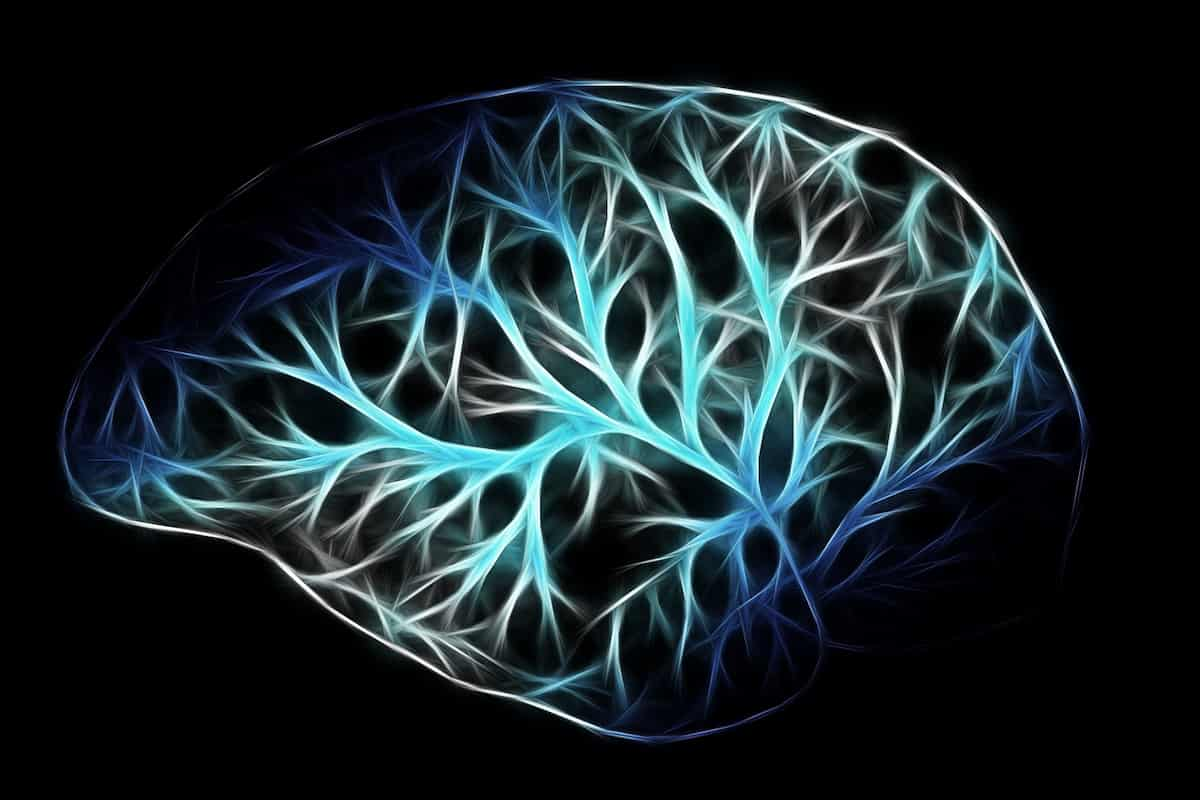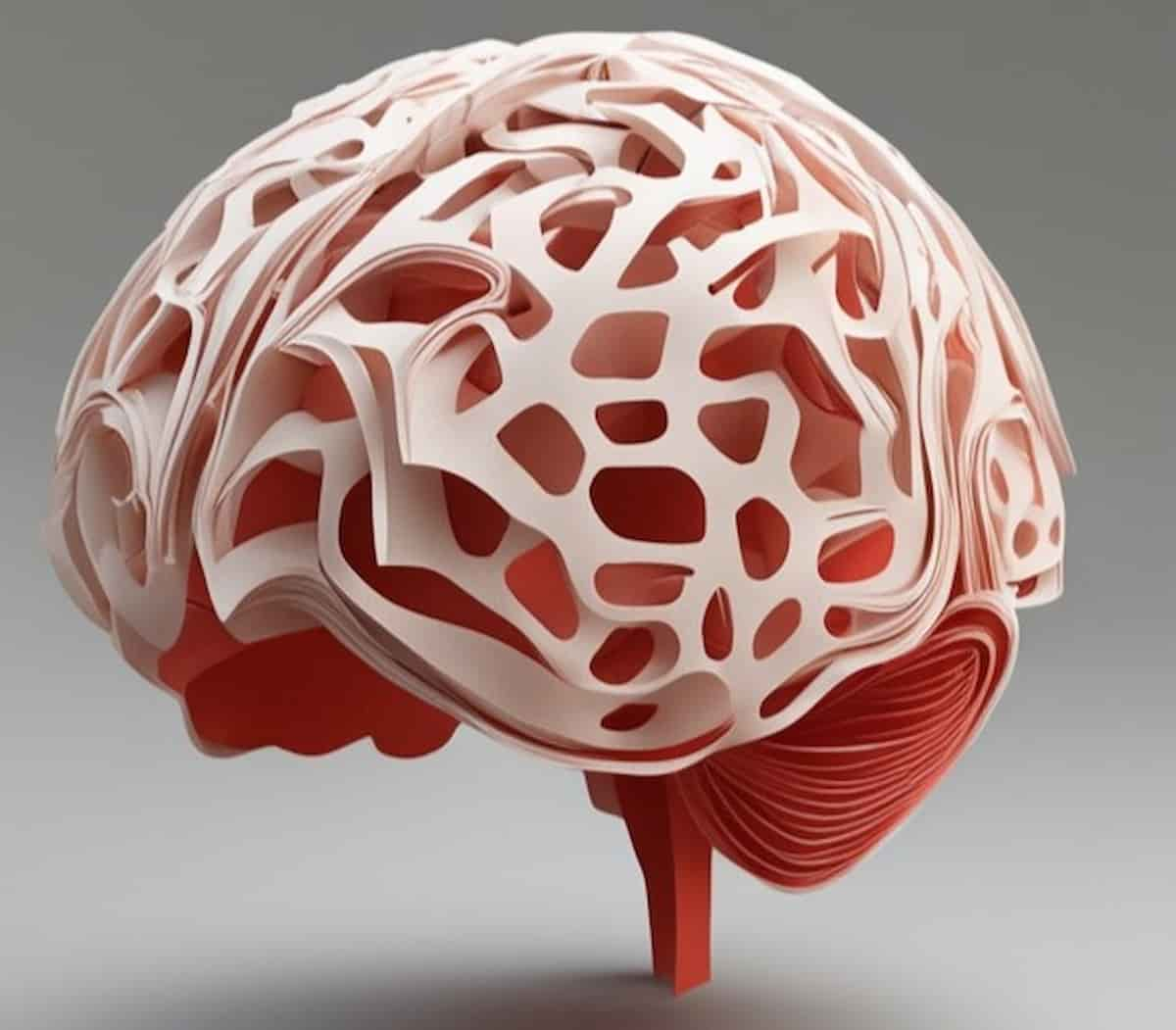Some people who have quite extensive damage to their brains from dementia can continue to function well, perhaps because of these personality traits.
Some people who have quite extensive damage to their brains from dementia can continue to function well, perhaps because of these personality traits.
People who score highly on the personality traits of extraversion and conscientiousness are less likely to be diagnosed with dementia, a study finds.
However, those who are neurotic are at an increased risk of a dementia diagnosis.
Experiencing more negative emotions was also linked by the research to a higher risk of dementia, while positive emotions lowered the risk.
The theory is that personality and the emotions make people more or less resilient against dementia by influencing behaviour.
Signs of pathology
The conclusions come from a review of 8 separate studies including over 44,000 people.
The study looked at markers of neurodegeneration in the brain, explained Dr Eileen Graham, study co-author:
“We’ve seen in previous research that if someone is higher in neuroticism, they have higher odds of being clinically diagnosed with dementia, whereas those higher in conscientiousness have lower odds of developing dementia.
However, those clinical diagnoses are typically based on assessments of cognition.
We wondered how personality traits might be related to clinically diagnosed dementia compared to dementia based on neuropathology markers assessed at autopsy.”
They found that while personality was linked to dementia risk, it was not explained by any signs of pathology in the brain.
Dr Emorie Beck, the study’s first author, said:
“This was the most surprising finding to us.
If personality is predictive of performance on cognitive tests but not pathology, what might be happening?”
Withstanding dementia
A probable explanation is that some personality traits help people withstand the onset of dementia better than others.
For example, conscientious people are more likely to take care of their health, including eating well.
Perhaps the higher sociability of extraverted people also helps protect them against dementia.
Some people who have quite extensive damage to their brains from dementia may continue to function well because of these personality traits.
It may be possible to target personality traits to reduce dementia risk, said Dr Graham:
“Neuroticism is related to dementia decline, and people with neuroticism are more prone to anxiousness, moodiness and worry whereas conscientious people are more likely to exercise, make and go to preventive health appointments and drink less.
So maybe that’s where an intervention might be useful to improve someone’s health behaviors for better health outcomes.”
No other factors, including gender, age or education explained the link between dementia risk and personality, said Dr Beck:
“We found almost no evidence for effects, except that conscientiousness’s protective effect increased with age.”
Related
The study was published in the journal Alzheimer’s & Dementia (Beck et al., 2023).










